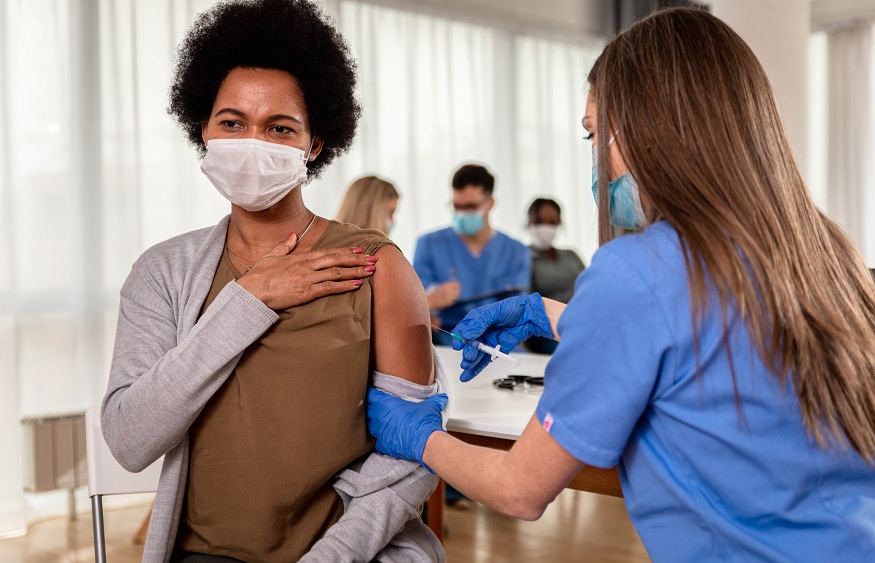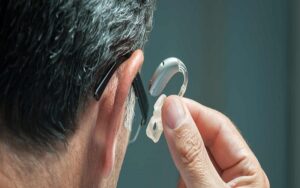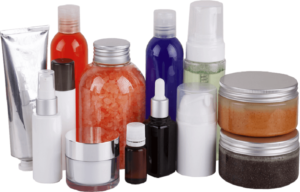Some Under-rated Facts About GBS From Tetanus Shot!

Guillain-Barre Syndrome (GBS) is an autoimmune disorder that causes muscle weakness and is usually misdiagnosed as Polio. GBS occurs when the immune system attacks part of your nervous system, causing muscle paralysis. The most effective way to prevent GBS is to get a tetanus shot within three weeks of possible exposure. Guillain-Barre syndrome is a rare condition that causes weakness in the body. It is brought on by some immune system disorder, typically a bacterial infection. It can happen within hours or days after exposure to any infectious pathogens. GBS typically starts in the lower extremities, typically in the legs and feet, as well as hands and arms. Eventually, it spreads throughout your body with varying degrees of severity depending on where you are when it happens.
Basic:
Guillain Barre From Tetanus Shot, or vaccine GBS lawsuit, is an autoimmune condition that can cause nerve damage and weakness. It causes a person to walk, talk, and move unusually. There is also a chance that GBS can cause a person’s respiratory system to stop working correctly. Tetanus shots are one of the ways that people can get rid of the bacteria that causes tetanus (TTN). This article will cover essential facts about Guillain-Barre syndrome (GBS), including the following: what it is, the symptoms and severity of it, how it affects someone’s life, and how people can treat their condition.
The Tetanus Shot Isn’t the Only Vaccine Known to Trigger GBS:
The tetanus vaccine is the most recent addition to a growing list of vaccines known to cause GBS. The previous list includes the MMR (for measles, mumps, and rubella), chickenpox, and hepatitis B vaccines. It needs to be fully clear why the vaccine triggers GBS, but there are two main hypotheses. For instance, in a small study conducted in Japan, researchers tested a theory that specific contaminants triggered the onset of GBS after vaccination. They found that the vaccines contaminated with human albumin (protein) were responsible for many reported cases of post-vaccine GBS.
Can Have Several Symptoms:
The most common symptom of GBS is muscle weakness, which can be anywhere in the body. The most commonly affected muscles are those in the legs, feet, and hands. It leads to a loss of control over the movements of these limbs, often causing difficulty with movement and walking. The other two significant symptoms are tingling or numb feeling that usually starts in your hands or feet (which is why it is sometimes mistaken for Polio) and difficulty swallowing or breathing. Some people who get GBS also experience fecal or urinary incontinence. The latter is a sudden uncontrollable leakage of urine or stool.
GBS Is Not Contagious:
Most people with GBS have no contact with anyone with the condition during their recovery. However, as many as 50 percent of people who get the condition will have contact with someone else in the days after their symptoms start (typically within a week of developing them). It can lead to the spreading of the condition through contact. In addition, many other forms of immune system disorders are caused by bacterial infections; some cases of GBS occur because these infections react to a vaccine your body thinks invades.
Can Lead to Several Complications:
As the disorder worsens, Guillain Barre From Tetanus Shot can cause life-threatening complications, and you should get some knowledge about vaccine GBS lawsuit. These include loss of breathing, paralysis, and severe infections like pneumonia. In more than half of the cases reported in the United States, GBS does not appear to be caused by a recent infection, but researchers are still trying to figure out why it happens in these cases. Age is a factor in the development of GBS. The older you are, the higher your risk – specifically, people aged 50 years and older have a higher prevalence of developing GBS after exposure to bacteria that cause it. People above 65 years are most likely to develop this condition than any other age group.
VICP Covers GBS from Tetanus Vaccines:
Vaccine GBS lawsuit was added to the Vaccine Injury Compensation Program (VICP) in 2011, which allows for compensation for cases of vaccine-related injury or death in people with pre-existing neurological disease. The National Vaccine Injury Compensation Program administers the VICP. To be compensated under the VICP, a person must meet several requirements: 1) They must have had a prior diagnosis of GBS; 2) They must have received one of over twenty vaccines that can trigger GBS; and 3) They must have had a documented hospital stay within 60 days of vaccination.
Can Hire a Lawyer to Handle Your GBS Claim:
If you or a loved one has suffered from Guillain-Barre Syndrome after the tetanus shot, you may need to hire a lawyer. If your injury was caused by vaccine failure, product defect, or negligence of the pharmaceutical company or a doctor, you might be eligible to receive compensation through a lawsuit.
Conclusion:
The tetanus vaccine is the most recent addition to a growing list of vaccines known to cause Guillain-Barre Syndrome. There is no specific treatment for GBS once it has started. The condition can run in families, but this will not be the cause of GBS. As soon as symptoms begin to show, you must seek medical attention and not delay doing so.







